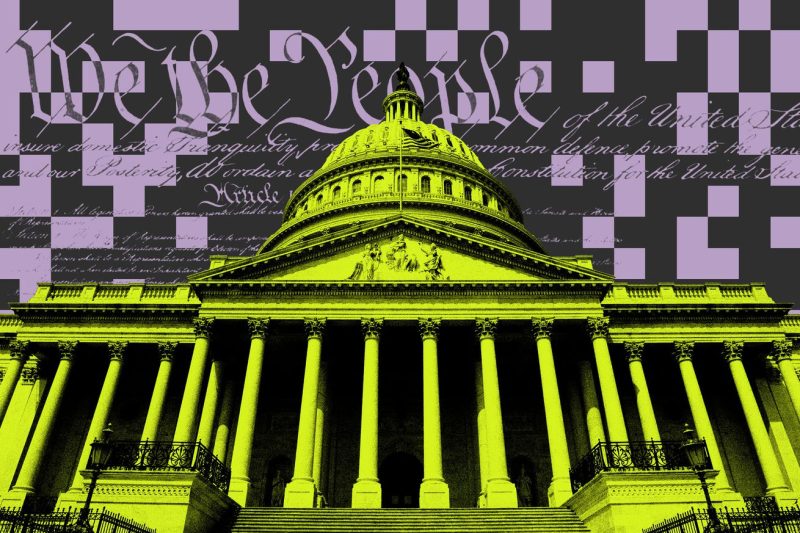In a recent turn of events, the Federal Trade Commission’s (FTC) ban on non-compete agreements has been dealt a significant blow. The issue surrounding non-compete agreements has long been a controversial topic, with proponents arguing that such agreements protect businesses and trade secrets, while opponents highlight how they may hinder workers’ mobility and opportunities for advancement. However, the recent ruling striking down the FTC’s ban has brought renewed attention to the legal landscape surrounding non-compete agreements.
Non-compete agreements are contracts that restrict employees from working for a competing business or starting a similar venture for a set period of time after leaving their current job. These agreements have become increasingly common across various industries, with employers using them to protect their intellectual property, client base, and investment in employee training.
The FTC’s ban on non-compete agreements was put in place to address concerns that such agreements may stifle competition in the labor market and limit workers’ ability to seek better job opportunities. The ban aimed to promote greater labor mobility and foster a more competitive marketplace by restricting the use of non-compete agreements in certain circumstances.
However, the recent ruling striking down the FTC’s ban has raised questions about the future of non-compete agreements and how they will be regulated moving forward. The ruling suggests that there may be limitations to the FTC’s authority in enforcing such bans and that further legal battles may be on the horizon.
The debate over non-compete agreements is multifaceted, with arguments for and against their use stemming from different perspectives. Employers argue that non-compete agreements are necessary to protect their business interests and prevent employees from exploiting proprietary information for personal gain. On the other hand, critics contend that non-compete agreements restrict worker mobility, limit job opportunities, and may even contribute to wage suppression.
Moving forward, the legal landscape surrounding non-compete agreements is likely to remain a contentious issue, with stakeholders on both sides continuing to advocate for their positions. As the debate unfolds, it will be crucial for policymakers, legal experts, and business leaders to consider the implications of non-compete agreements on the labor market, innovation, and economic competitiveness.
In conclusion, the recent ruling striking down the FTC’s ban on non-compete agreements has reignited the debate surrounding the use and regulation of such agreements. The future of non-compete agreements remains uncertain, with legal challenges and continued advocacy shaping the landscape. As the discussion evolves, it will be essential to strike a balance between protecting business interests and promoting fair competition in the labor market.

